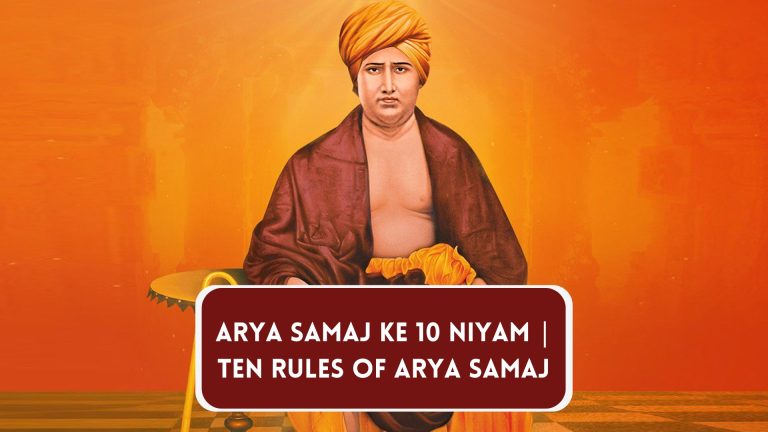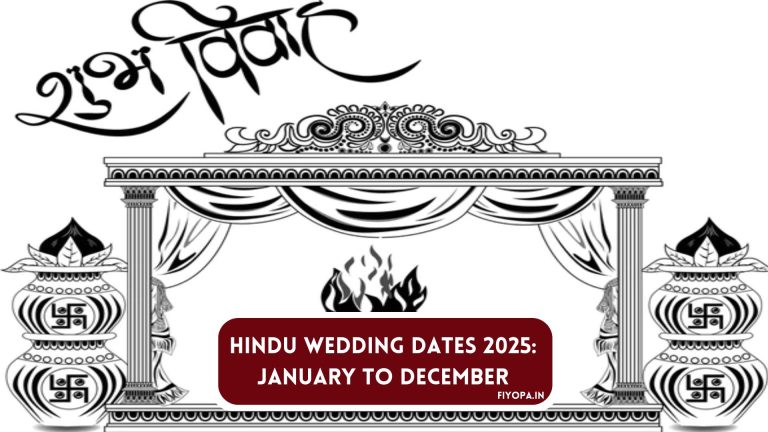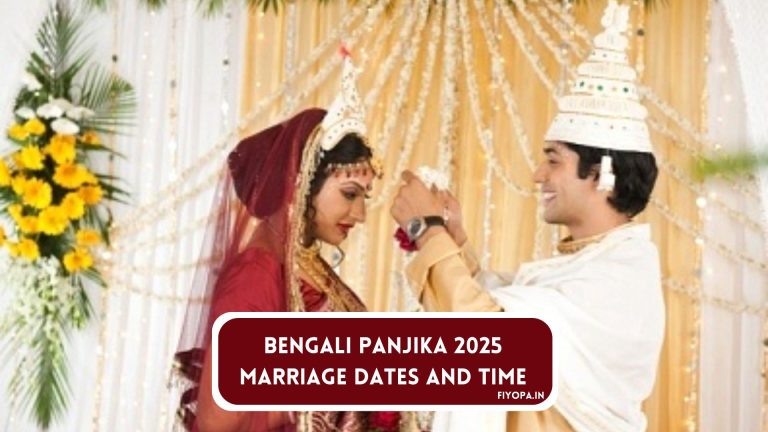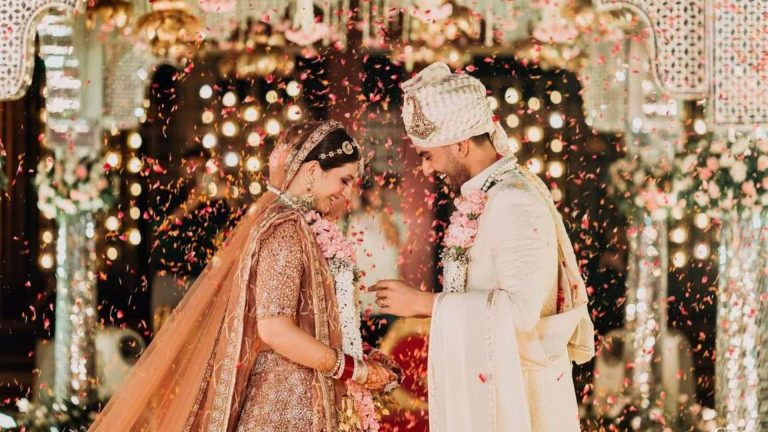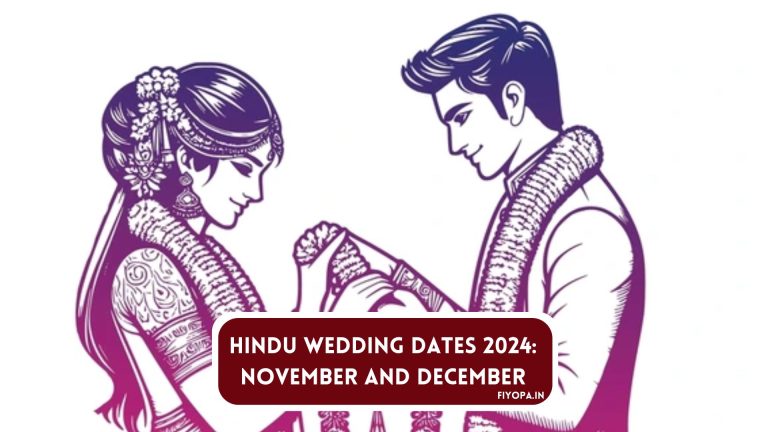Documents Required For Marriage Registration – Process & Imporatance

Important Documents Required For Marriage Registration: Are you making plans your wedding day? Congratulations! Before diving into wedding ceremony planning, it’s vital that you register your marriage. This authentic reputation ensures your rights and advantages as a married couple. In this blog, we will assist you navigate the vital documents for a quick and clean marriage registration procedure, so that you can attention on playing your unique day!
What is Court Marriage Registration?
Court marriage registration in India provides a legal option for couples seeking a civil ceremony. It is governed by the Special Marriages Act, 1954, and is administered by a government-appointed Registrar of Marriages. This secular style is suitable for couples of different faiths or those who prefer a non-religious ceremony. Any citizen of India above the marriageable age can apply if he meets certain eligibility criteria. Once registered, a court marriage certificate is issued, giving it legal recognition throughout India. This gives them the same rights and benefits as marriage in a religious ceremony.
Documents Required For Marriage Registration
In India, marriage registration is a legal requirement to validate a marriage. The process is generally straightforward, although the specific documentation required may vary depending on the status and nature of the marriage. Here is a complete list of common documents required for registration in India.

Documents:
- Application Form: The first step is to procure the application form for marriage registration from the office of the Marriage Registrar in your district.
- Proof of Identity: Both the bride and groom need to submit identity proofs like Aadhaar card, Passport, Voter ID card, or Driving License.
- Proof of Address: Documents like Aadhaar Card, Passport, Electricity Bill, Ration Card, or Bank Statement can serve as residential address proof.
- Proof of Age: Birth Certificate, Matriculation Certificate, or Passport are acceptable documents for age verification.
- Passport-Sized Photographs: Two recent passport-sized photographs of the bride and groom are required.
- Marriage Certificate (if applicable): In case of a registered inter-religious marriage, the marriage certificate issued by the religious institution needs to be submitted.
Additional Documents (may be required):
- Affidavits: An affidavit from each party stating their marital status (unmarried) and no objection to the marriage from parents/guardian might be necessary.
- Witness Statements: Affidavits from two witnesses who attended the wedding ceremony can be required in some cases.
- Change of Name Affidavit (if applicable): If either partner has recently changed their name, an affidavit or gazette notification documenting the change is required.
Note:
- It’s always wise to check with your local Marriage Registrar’s office for the exact list of documents needed in your specific area.
- Ensure all documents are original and attested by a gazetted officer if required.
- Keep photocopies of all submitted documents for your records.
By gathering the necessary documentation beforehand, you can ensure a smooth and hassle-free marriage registration process.
What is Hindu Marriage Act?
The Hindu Marriage Act, 1955 is the criminal foundation for conventional Hindu marriage ceremonies. It became added in 1955 to make Hindu marriage laws uniform throughout India. The law sets the conditions vital for a valid marriage, such as a minimum age and mutual consent. After the ceremony, the wedding need to be registered so that it will be legally identified and to set up the legitimacy of the couple. It carries provisions for inheritance and divorce. The Act applies to maximum components of India besides Jammu and Kashmir and extends to Hindus living outdoor the nation. Couples can select a unique marriage code for the secular registration manner.
Advantages of marriage registration
Marriage registration in India, whether through the Hindu Marriage Act or the Special Marriage Act, provides various advantages for couples. Here’s a summary of some key benefits:
- Legal Recognition: A registered marriage is a legally recognized union, granting couples official validation of their marital status. This holds significant weight in various situations.
- Protection of Rights: Registration safeguards the rights of both spouses, including inheritance rights, property rights, and entitlement to spousal benefits.
- Simplified Legal Processes: A marriage certificate serves as crucial evidence in case of legal proceedings like divorce, child custody disputes, or claims on insurance policies.
- Social Security Benefits: A registered marriage can be instrumental in acquiring social security benefits like pensions or family pensions in some cases.
- Immigration and Visas: For spouses seeking dependent visas or relocation opportunities, a marriage certificate is often mandatory documentation.
- Financial Transactions: Opening joint bank accounts, applying for loans together, or claiming tax benefits as a married couple become easier with a marriage certificate.
- Property Rights: In cases of inheritance or property disputes, a marriage certificate strengthens a spouse’s claim.
- Dispelling Doubts: A marriage certificate offers concrete proof of marital status, which can be helpful in situations where doubts or disputes may arise.
Overall, marriage registration in India is going past an insignificant formality. It’s a critical step that empowers couples with felony safety, simplifies bureaucratic strategies, and ensures they can experience the total blessings of being married.
Conclusion:
Registering your marriage is an crucial step for your wedding making plans. Whether you select a civil or conventional Hindu rite, it has many blessings, which includes protective your rights and simplifying prison processes. By handling the required paperwork cautiously, you could make the process smoother and cognizance on enjoying your unique day. Congratulations on achieving this substantial milestone to your lives!
FAQs:
Answer: Marriage registration in India is crucial as it grants legal recognition to the union, safeguarding the rights of both spouses and simplifying various legal processes.
Answer: Common documents include proof of identity and address for both partners, proof of age, passport-sized photographs, and the marriage certificate (if applicable). Additional documents such as affidavits or witness statements may also be required.
Answer: Marriage registration provides various advantages, including legal recognition, protection of rights, simplified legal processes, access to social security benefits, facilitation of immigration and visas, easier financial transactions, and strengthened property rights, among others.
Check out:- Arya Samaj Ke 10 Niyam | Ten rules of Arya Samaj

